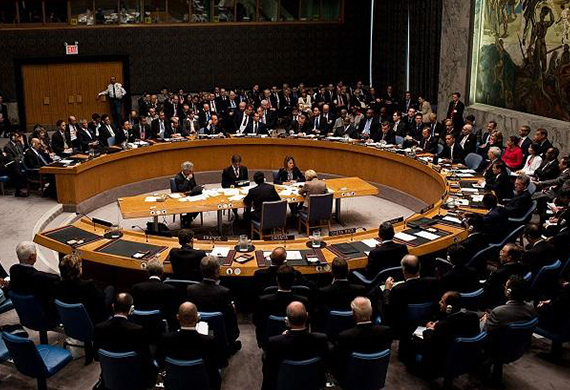
India Highlights Govt. Initiatives to Empower Women at UNSC
By: WE Staff | Wednesday, 9 March 2022
At UNSC, India highlighted that it offers a unique blueprint for gender-sensitive governance and equal access to education, allowing women to become economically empowered, while highlighting its measures for women empowerment.
Secretary (West) Sanjay Verma underlined a range of efforts and projects implemented by the government for women's development in his remarks to the UN Security Council (UNSC) briefing on Women, Peace and Security.
He praised Hansa Mehta, an Indian delegate, for her outstanding contribution to the formulation of the Universal Declaration of Human Rights in 1948.
According to an Indian delegate, the government's role in women's empowerment is important, "India's development narrative has witnessed a transformational change from promoting women's development to entirely women-led development and from exclusive government led to the multi-stakeholder inclusive governance model."
He further said, "As the world's largest democracy, India offers a unique template for gender-sensitive governance. More than 1.3 million elected women representatives who constitute nearly 44 per cent of the total elected representatives are leading the political decision making at the grass-root."
The Secretary (West) noted the digital project and remarked that it has helped to narrow the gender gap. He added, "We have to leverage digital technologies to provide greater access for women to finance, credit, technology, and employment.”
In addition, the Indian official emphasised the Mudra scheme and stated, "Through Mudra scheme, the government provides... self-employment, about 70 per cent of its beneficiaries were women-owned and operated enterprises. Women have become consequently economically empowered and provide employment to others as well. And to open this economic opportunity equal access to education is fundamental."
He also mentioned India's 2007 deployment of the world's first all-female armed police squad for UN peacekeeping in Liberia. He stated, "The unit's decade long service in Liberia resulted in a three-fold increase in female recruitment in the Liberian National police and an overall reduction of crime."
The Indian representative requested zero tolerance against terrorists in light of the increased number of incidences of violence against women during violent extremist, conflict, or terror attacks.


.jpg)



